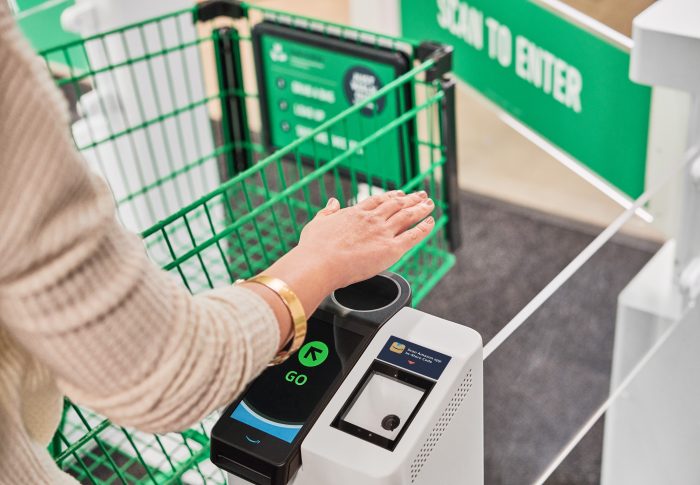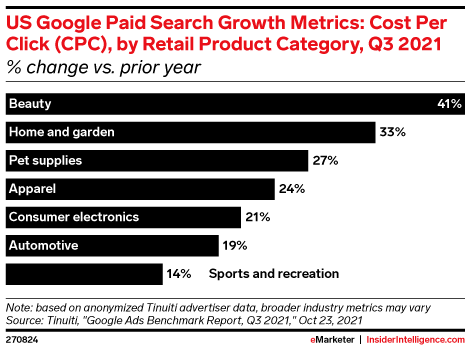1. Good Monday Morning
It’s December 13th. WLKY in Kentucky has a constantly updating list of local and state charities that are helping victims of last Friday night’s tornadoes.
Today’s Spotlight is 1,205 words — about a 4 minute read.
2. News To Know Now
Quoted: “They’ve got to do more to police hatred, vitriol, bullying on the platform and we’re seeing that coming out in spades through all of these different revelations,” — Facebook Oversight Board member Suzanne Nossel to CNN. Nossel added that the company’s content moderation must be more transparent.
a) Consumer advocates are criticizing Verizon after the company launched a new customer internet tracking program. The company renamed Verizon Selects tracking to Verizon Customer Experience Plus and then informed customers that opted out of the former that the opt-out didn’t count for the newly named program. Verizon customers will have to specifically contact the company to opt out of the new browser history tracking program. (Ars Technica)
b) Work from home will continue to be a Big Tech mainstay. Days after Google said that it would not reopen offices in January, Facebook announced that it would delay requiring a return to company offices for three to five months.
c) An Amazon Web Services crash took down some of the internet’s biggest services last week throughout the northeastern U.S. The outage was especially bad for streaming video. Netflix, Amazon Prime, and Roku were all affected.
3. Search Engine News — Multiple Email Errors & How Bold Text Helps
Breaking over the weekend was news that Google had mass emailed error notices advising of problems with website configurations. We received a dozen by noon Sunday, but quickly learned that even Google officials were unaware of a problem. As of Sunday evening, the issue remains unsolved, but those of us who have checked believe that the messages were sent in error.
Google also said that using a bold style in text can help its systems understand what the website team views as important. Google exec John Mueller told his weekly webinar that bolding text adds value because it is a clear sign about the page or paragraph’s main topics.
Now, we know search marketers and can promise you that someone is already devising a test to figure out the optimal percentage to use bold or italics within content. Please don’t listen to them when there is a news release in a month or two, continue using bold as you would naturally, and if you’re only using it for random title names or something similar, try to also emphasize the main topic.
Google also wants you to know that you are responsible for user comments posted on your website and warned that publishing comments contrary to Google policies could be problematic. Read the announcement and accompanying infographic.
4. Spotlight Explainer — Amazon Shopping War
Amazon’s outsize influence on the economy also creates scrutiny and regulatory issues related to its operations.
We’re seeing a lot of attention around Amazon’s internal advertising, the fees that it charges third party sellers, more regulatory fines, and the creation of multiple warehouses to cut delivery times.
Amazon fined again
This time the fine of more than $1 billion was assessed by Italian regulators who allege that Amazon shows favoritism to third party sellers that use the company’s warehouse and fulfillment services. That fine follows an EU fine of more than $880 million earlier this year regarding consumer privacy.
Third party sellers are profitable for Amazon
A new report claims that third party seller fees of more than $120 billion this year allow Amazon to offset the losses incurred by operating Prime. The report also says that third party seller fee revenue has doubled in two years.
The ads third party sellers buy allegedly trick consumers
A coalition of labor unions filed an FTC complaint against Amazon last week saying that its product ads are indistinguishable from regular product listings. The complaint is reportedly based on an analysis of 130,000 search results on Amazon. The company claims it fully complies with all applicable laws and FTC regulations.
Consumer Reports says minority communities are being flooded with warehouses
A blockbuster new report by the organization and The Guardian says that nearly 70% of Amazon warehouses operate in communities with a higher percentage of nonwhites living within one mile. The report discusses economic disparities, increased pollution, and reduced quality of living standards in neighborhoods where these warehouses are located. Amazon opened nearly 300 new warehouses last year, more than in the preceding three years combined.
The new goal: 15 minute deliveries
So-called “dark stores” are former retail sites repurposed throughout an area as staging sites for delivery. After Amazon Prime initially disrupted delivery expectations with first two day and now one day delivery options, its competitors are fighting back. Startups like Jokr (which offers the service in select NY neighborhoods) and DoorDash are leading the way with live tests of 15 minute deliveries.
Yes, 15 minutes, or about the time that it takes me to find the dairy section.
5. Did That Really Happen? — What’s Up With ‘Birds Aren’t Real’?
The New York Times has a nice feature on Peter McIndoe, the 23-year-old creator of the Birds Aren’t Real protest social group. These birdbrains say that they’re fighting against the lunacy of misinformation that they’ve grown up with using some lunacy of their own. The parody is elaborate, and as one follower points out, anyone who believes them has bigger issues than birds.
6. Following Up — Amazon Care Signs Hilton
Remember when we told you about Amazon Care’s partnership with and subsequent corporate divorce from JPMorgan Chase and Berkshire Hathaway? The companies all said that they wanted to pursue their own health program.
Since then, Amazon Pharmacy rolled out nationally and now the company is offering all insured Hilton employees Amazon Care text, video, and even house call visits.
7. Protip — Reopen A Closed Google Chrome Tab
When you accidentally close a tab in Google Chrome, there’s a simple one click method to restore that tab. You can also do the same with a keyboard shortcut.
8. Screening Room – Lacta’s Riveting Long Form Commercial
9. Science Fiction World — Doodles converted to Realistic Images
Draw a doodle of a boulder at the edge of a beach with water around it, and this NVIDIA software will create a photo-realistic image.
10. Coffee Break — Excel as Esports
Not just any Excel, but financial modeling with Esports glitz. Y’all, I have found my people! They’re at the Financial Modeling World Cup. There are rankings of 128 participants from all across the globe. They even livestream the modeling although I’m disappointed that no one has dubbed this competition the Revenge of the Nerds.
Read PC World’s coverage and have a look at the video if you’re of a mind to do so. Protip from me: the first business case they have to solve starts at 10 minutes in the video.
11. Sign of The Times






